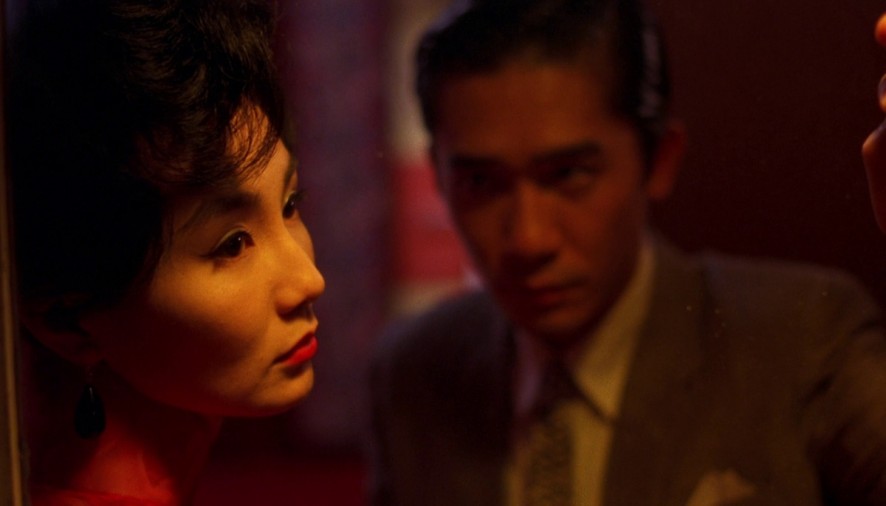On Saturday 24th September, the Hyde Park Picture House screened Kar-Wai Wong’s classic film In the Mood for Love.
Before the film started the audience had the opportunity to listen to Chris Berry, professor of film studies at Kings College London, and David Tse, an actor, writer and filmmaker, discuss the recent explosion of the Chinese film industry. Chris Berry provided a look into the history of film in mainland China and Hong Kong, explaining to the audience how In the Mood for Love presents the anxieties and tensions of Hong Kong in the late 1990s. David Tse’s contribution to the discussion was more emotional; he explained the importance of diversity in cinema to young aspiring artists. The questions fielded from the audience drew attention to the synthesis between east and west in new Chinese films, and highlighted the potential pit falls that come with trying to appeal to a global audience. Organised by the Leeds Confucius Institute, this discussion was a fascinating insight into Chinese cinematic art.

The plot of In the Mood for Love, a Bafta-nominated romantic drama, is essentially very simple. Coincidental meetings and unfaithful spouses cause a man and a woman living next door to each other to strike up a relationship. However, this relationship remains platonic as neither wishes to hypocritically ape their other halves.
A key theme that director Wong Kar-Wai plays with to great effect is time. Often scenes are very short; only one or two lines before jumping forward in time to the next relevant point in the characters lives. Wong’s genius is to mix in occasional scenes of breathtaking stillness with the speed of the rest of the film, highlighting these brief moments of intensity. This technique is perfectly complimented by the choice of music – Nat King Cole singing Spanish jazz and Michael Galasso’s string-based score ooze hidden emotion and drip with desire.
Our commendations do not stop there. There is such beauty in the colours that fill each frame. Golden yellows and pinky reds conjure up such strong feelings of passion and loneliness, it is impossible not to be drawn in to this tale of forbidden love. The script is simplistic and repetitive, giving plenty of room for the director to play around, whilst still emphasising the importance of certain exchanges. The acting too, almost matches the direction in its brilliance. Portrayed by Tony Leung and Maggie Cheung, the couple’s struggle is played with such understated emotion that you immediately sympathise with these characters.

What is clear from watching In the Mood for Love is that Wong Kar-Wai is a world class auteur, and I’m certain there are other Chinese filmmakers of a similar standard whose work deserves to be viewed.
Whether this film is the second greatest to be released in the 21st century (according to a BBC poll) is definitely debateable. What is certain, however, is the pure beauty of this picture. Wong has created a piece of art, a film magnificently encapsulating human emotion and its fleeting splendour.
Xa Rodger and Dan Sareen
(Image courtesy of Allstar/Cinetext/Jet Tone Production)

